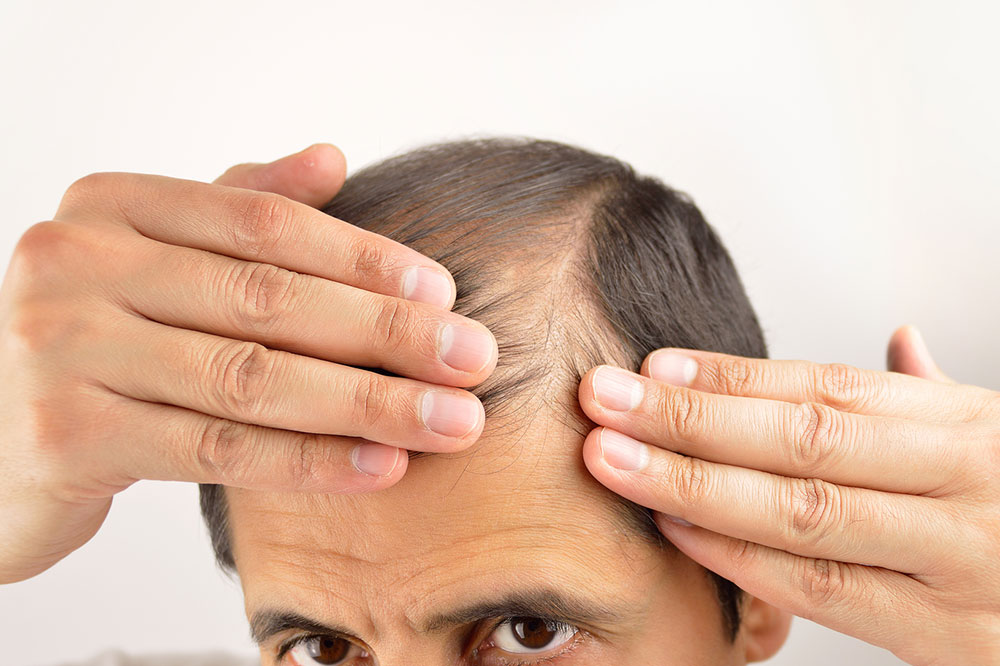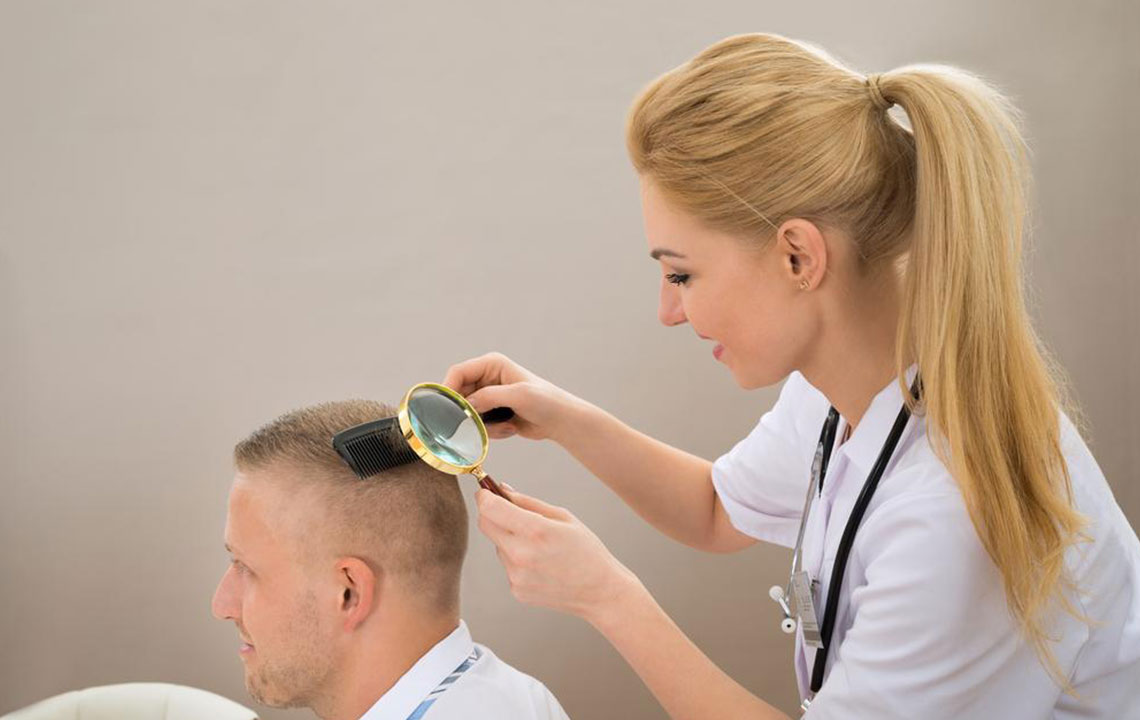Comprehensive Insights into Common Hair and Scalp Conditions You Need to Know
This comprehensive article explores various common hair and scalp conditions, detailing their causes, symptoms, and treatments. It emphasizes the importance of scalp hygiene, early diagnosis, and professional help to maintain healthy hair and prevent severe damage or loss. Perfect for individuals seeking to understand and manage scalp health effectively.

Comprehensive Insights into Common Hair and Scalp Conditions You Need to Know
Hair and scalp health are vital parts of personal grooming and overall well-being. However, many individuals experience various scalp conditions that can cause discomfort, hair loss, and embarrassment. Understanding these common ailments is essential for effective treatment and prevention. This article explores detailed information about prevalent hair and scalp disorders, their causes, symptoms, and available treatments, helping you maintain a healthy scalp and luscious hair.
Scalp disorders can significantly impact your appearance and confidence. They may also indicate underlying health issues that require medical attention. While factors such as aging, genetics, and lifestyle choices influence hair health, certain scalp conditions develop independently and may be treatable with appropriate care. Here, we delve into the most common hair and scalp ailments, their symptoms, causes, and management strategies.
Psoriasis of the Scalp
Psoriasis is a chronic autoimmune condition that manifests on the scalp as thick, red, and scaly patches. These patches are often itchy, inflamed, and may be covered with silvery-white scales—sometimes resembling severe burns. Psoriasis on the scalp can lead to localized hair loss if the scales are not managed promptly. It is linked to a combination of genetic factors and environmental triggers such as stress, infections, or skin injuries. Treatment often includes medicated shampoos, topical corticosteroids, and lifestyle modifications to reduce flare-ups.
Alopecia Areata
Alopecia Areata is an autoimmune disorder characterized by sudden, patchy hair loss across the scalp. Often referred to as “spot baldness,” it creates round, cleanly demarcated bald patches that can appear unexpectedly. Though the exact cause remains unknown, genetic predisposition plays a significant role, and the condition may be associated with other autoimmune illnesses like thyroid disease. Nail changes, such as pitting or ridges, may accompany hair loss. Treatment options include corticosteroid injections, topical immunotherapy, and other therapies to stimulate hair regrowth and manage symptoms.
Scalp Ringworm (Tinea Capitis)
Fungal infections such as Tinea Capitis are common among children and sometimes adults. This contagious fungal infection causes round, scaly patches on the scalp that are often itchy and inflamed. Dermatophyte fungi invade the hair shaft and the skin, leading to hair breakage, hair loss, and scaling. Early diagnosis and antifungal treatment, including oral and topical medications, are crucial for stopping the spread and promoting healing.
Head Lice Infestation
Head lice are tiny parasitic insects that infest the scalp and hair. Their presence causes severe itching, soreness, and irritation due to their saliva and movement on the scalp. Lice are highly contagious and spread easily through close contact or shared personal items. Managing head lice involves medicated shampoos, combing out nits, and thorough cleaning of bedding and clothing. Persistence and patience are necessary to fully eradicate the pests and prevent reinfestation.
Hair Shaft Disorders
Various structural abnormalities affect the integrity of hair shafts, leading to weak, brittle, and broken hair. Conditions like trichorrhexis nodosa cause hair to fracture easily, resulting in thinning and uneven hair growth. Other disorders such as monilethrix and pili torti influence the hair’s diameter and texture, making it fragile or abnormal. Treatment usually involves correcting nutritional deficiencies, using gentle hair care products, and sometimes medical interventions to strengthen hair and reduce breakage.
Diffuse Hair Loss and Thinning
Diffuse hair loss refers to the widespread shedding of hair, often resulting in overall thinning or balding patches. This condition can be triggered by stress, illness, hormonal imbalances, or genetic factors leading to telogen effluvium—the premature transition of hair follicles into resting phases. Chronic cases may persist for years, with hair gradually regrowing after managing underlying causes. Lifestyle modifications, medications, and nutritional support play vital roles in reversing or slowing down hair loss. Regular scalp care and minimizing hair damage through gentle handling are also crucial.
Maintaining scalp health involves good hygiene practices, balanced nutrition, and stress management. If symptoms persist or worsen, consulting a dermatologist is essential for accurate diagnosis and tailored treatment. Early intervention can prevent long-term damage, restore hair growth, and improve overall scalp condition.





